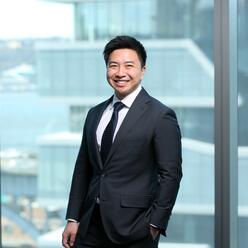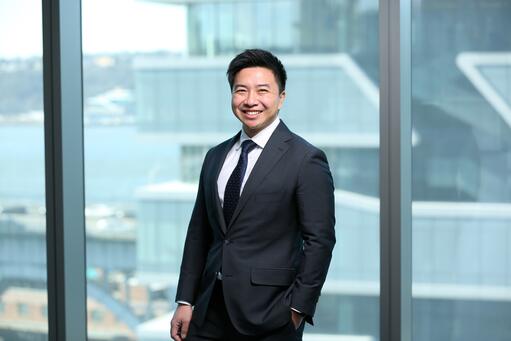Highlighted by Columbia Business School, this media piece showcases Topics and Areas of Expertise about our esteemed faculty. The content is specifically curated from the publication that showcased the mentioned faculty and/or research, emphasizing its contributions in various fields. The featured Topics and Areas of Expertise reflects the school's commitment to sharing valuable insights and knowledge.
Mentioned Faculty

Dan Wang
- Lambert Family Associate Professor of Social Enterprise in the Faculty of Business
- Management Division
- Co-Director of the Tamer Institute for Social Enterprise and Climate Change
- Tamer Institute for Social Enterprise and Climate Change

Dan Wang
- Lambert Family Associate Professor of Social Enterprise in the Faculty of Business
- Management Division
- Co-Director of the Tamer Institute for Social Enterprise and Climate Change
- Tamer Institute for Social Enterprise and Climate Change
Dan Wang is Lambert Family Professor of Social Enterprise and (by courtesy) Sociology at Columbia Business School, where he is also the Co-Director of the Tamer Institute for Social Enterprise and Climate Change. His research examines how social networks drive social and economic transformation through the analysis of global migration, social movements, organizational innovation, and entrepreneurship.